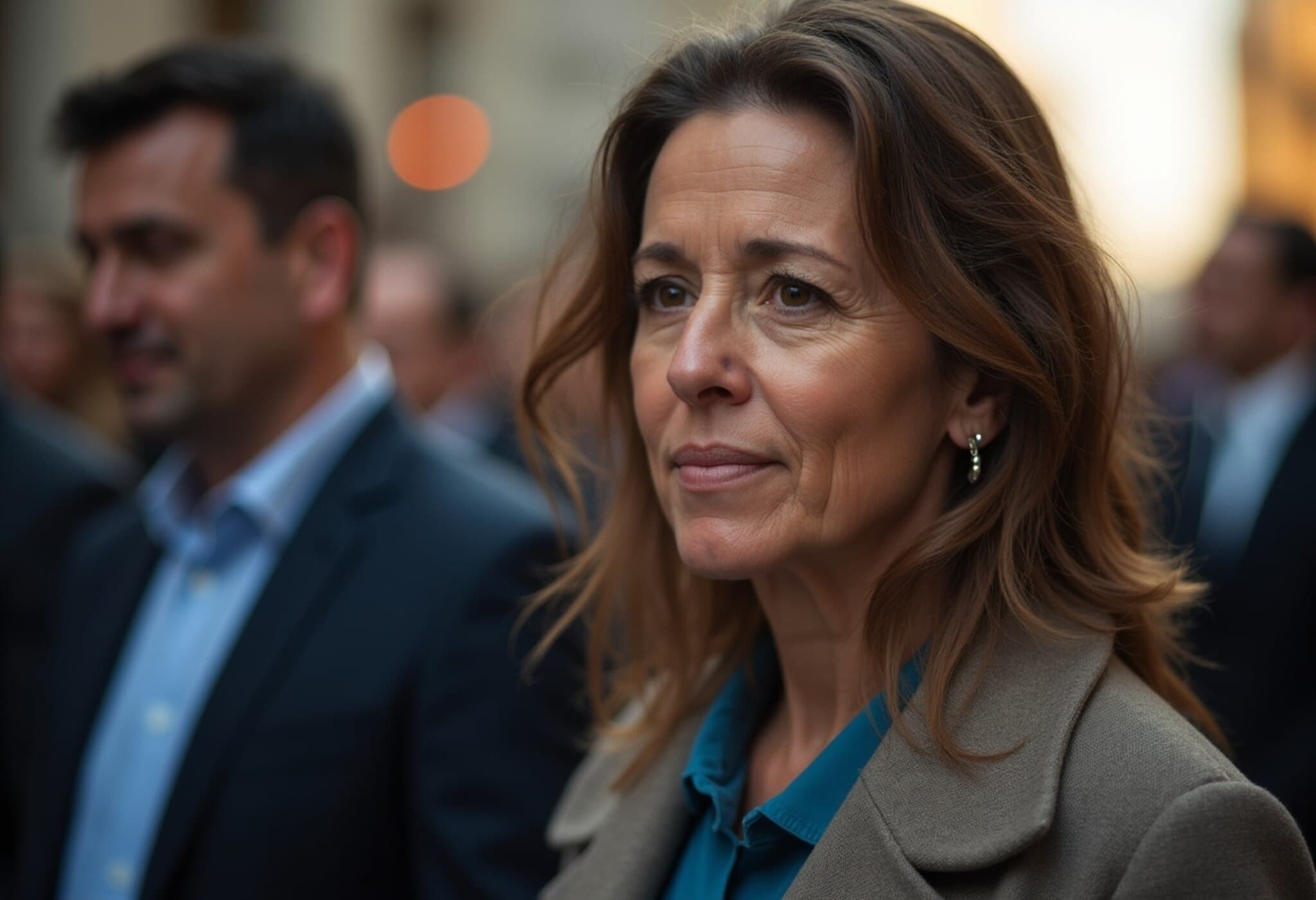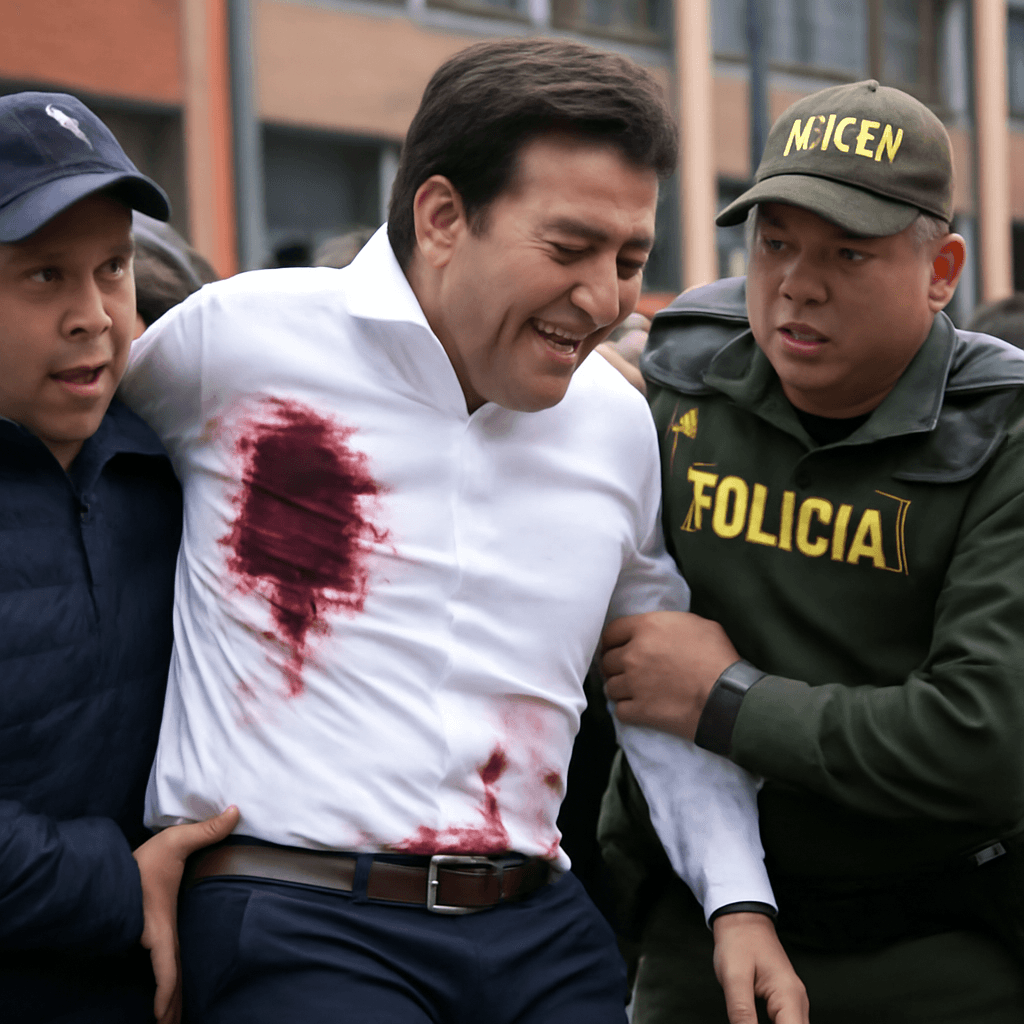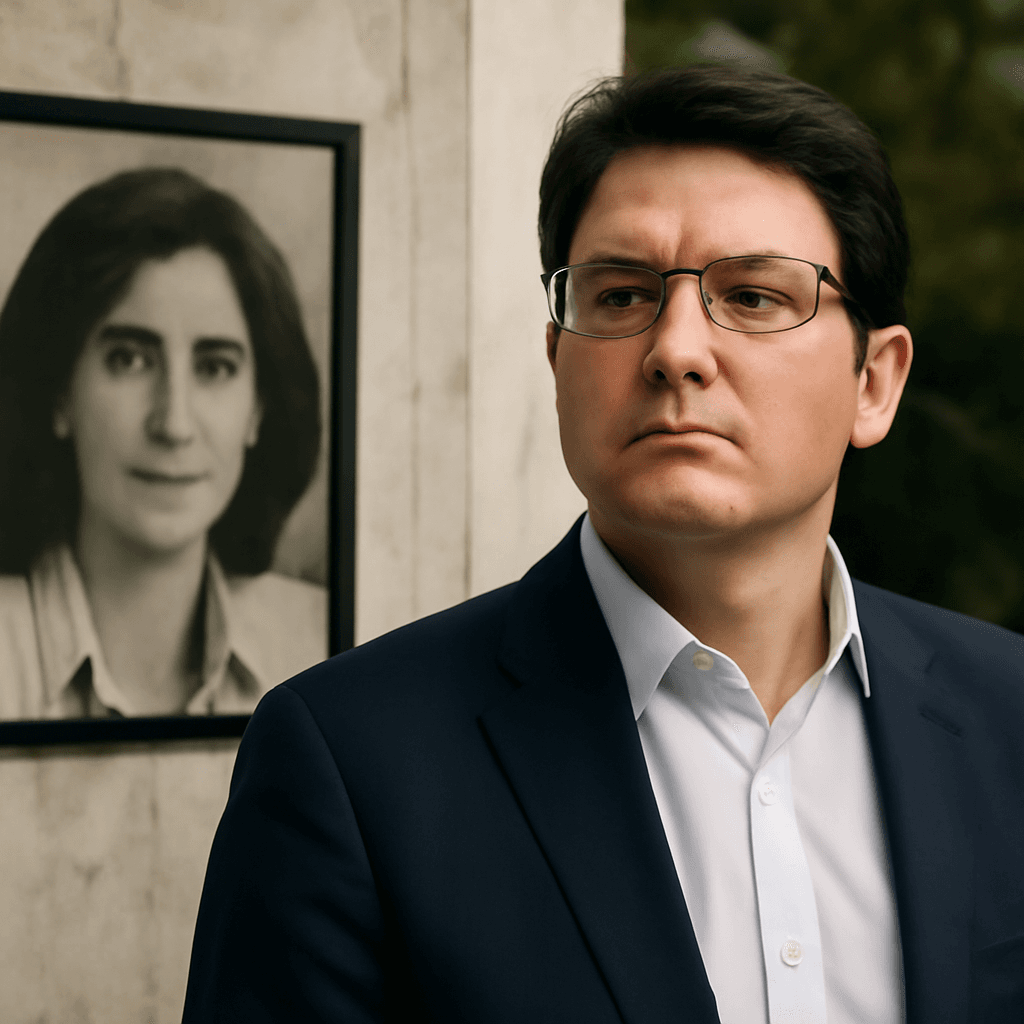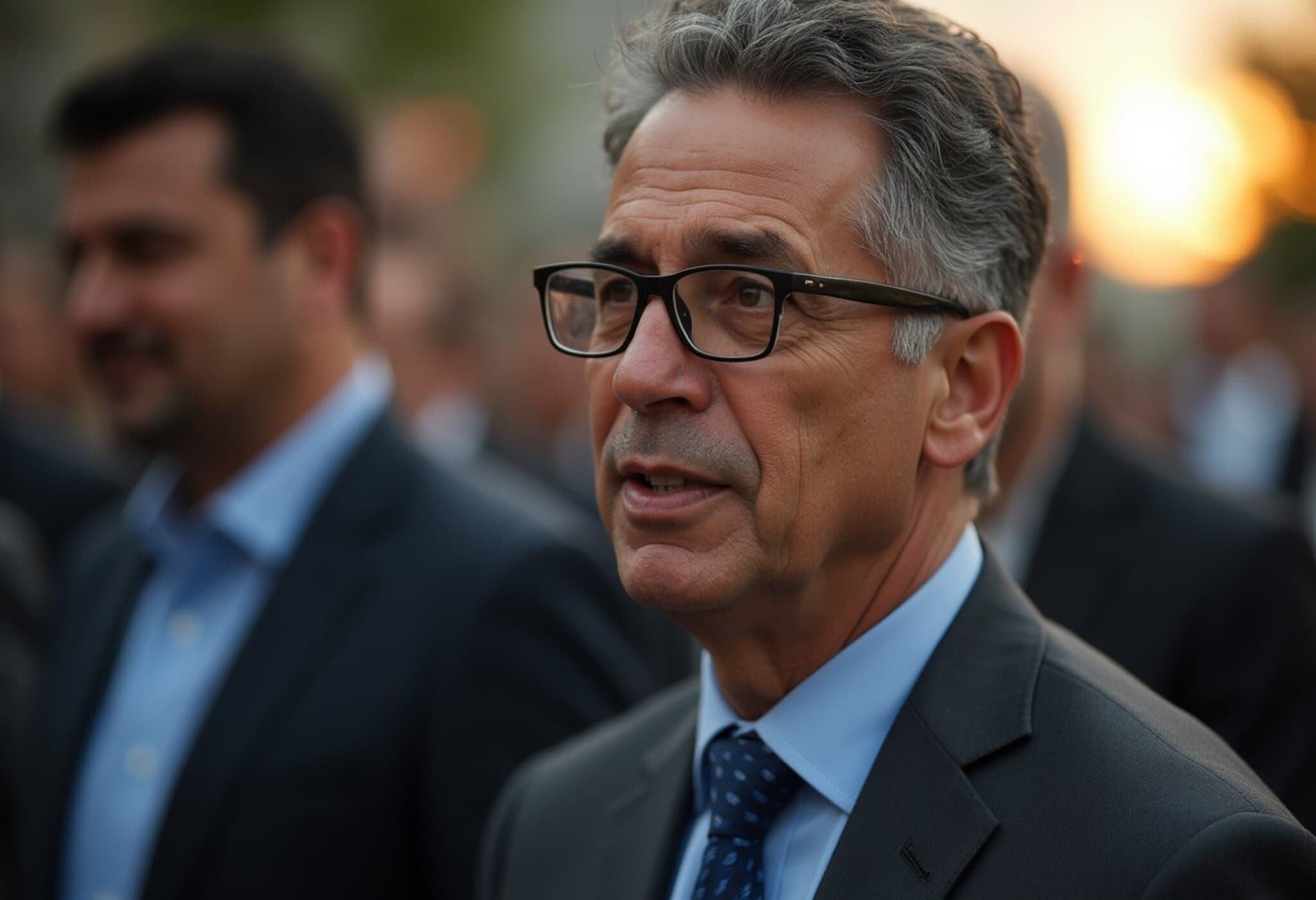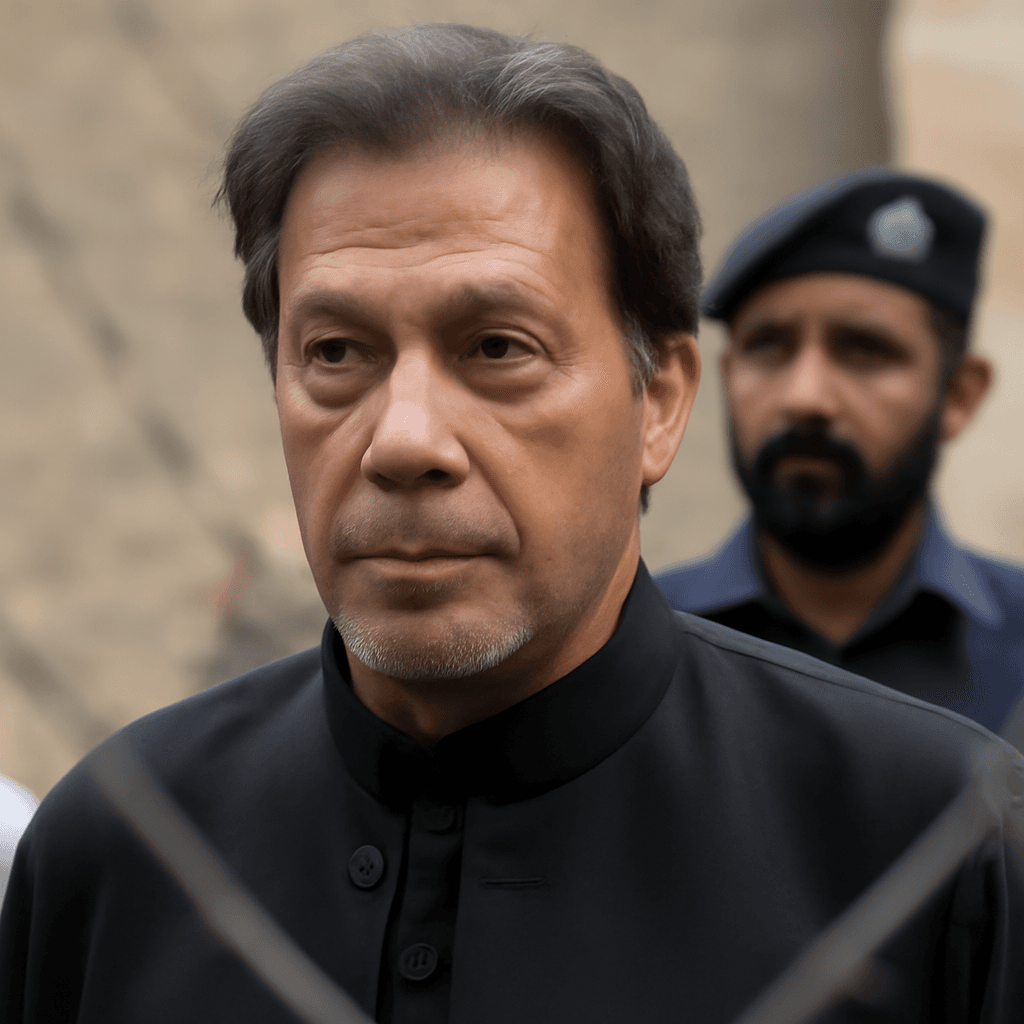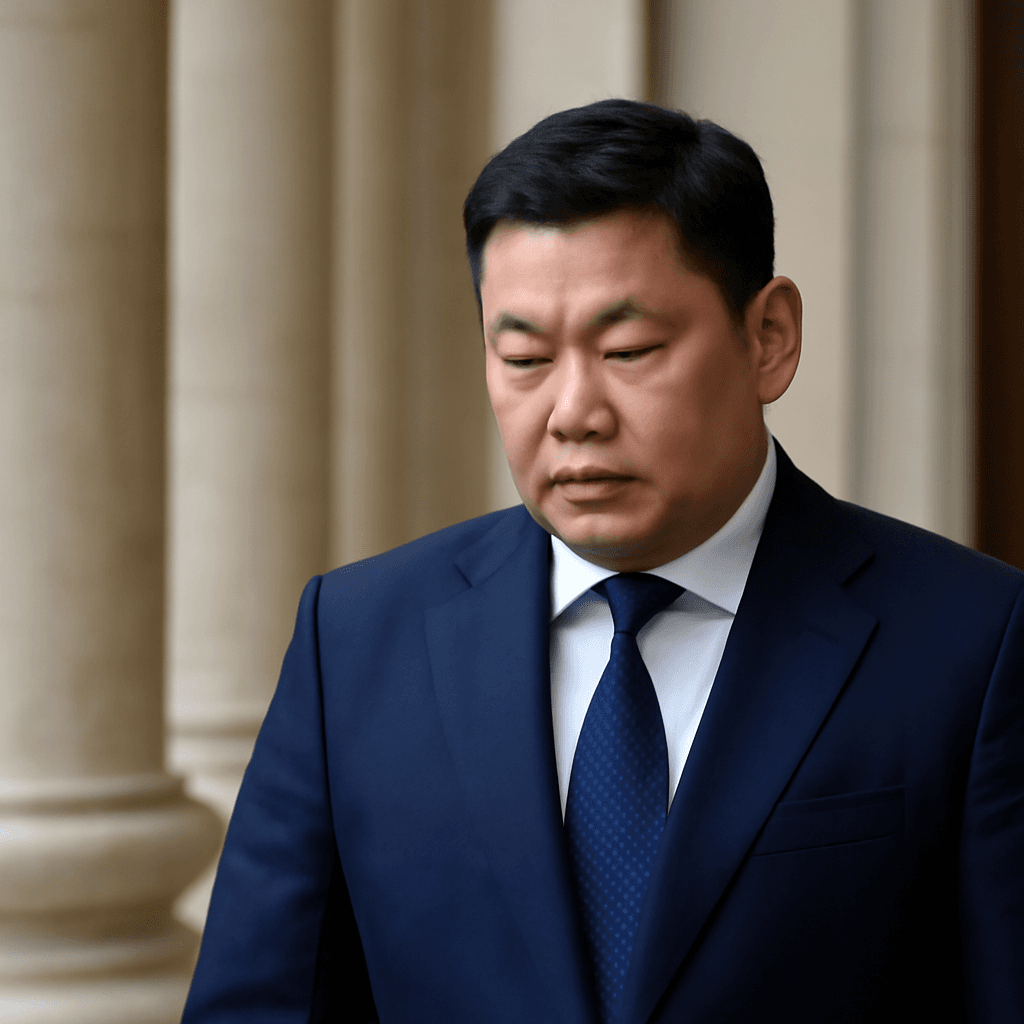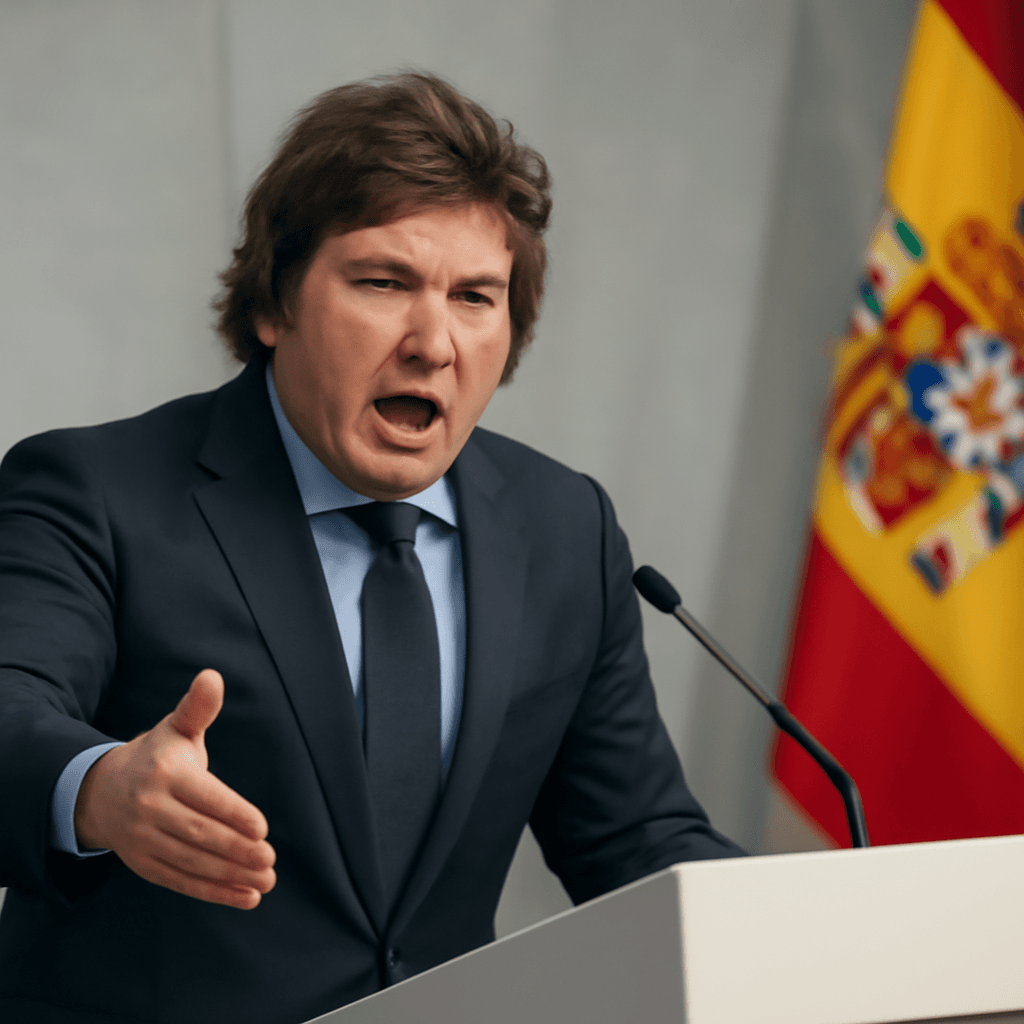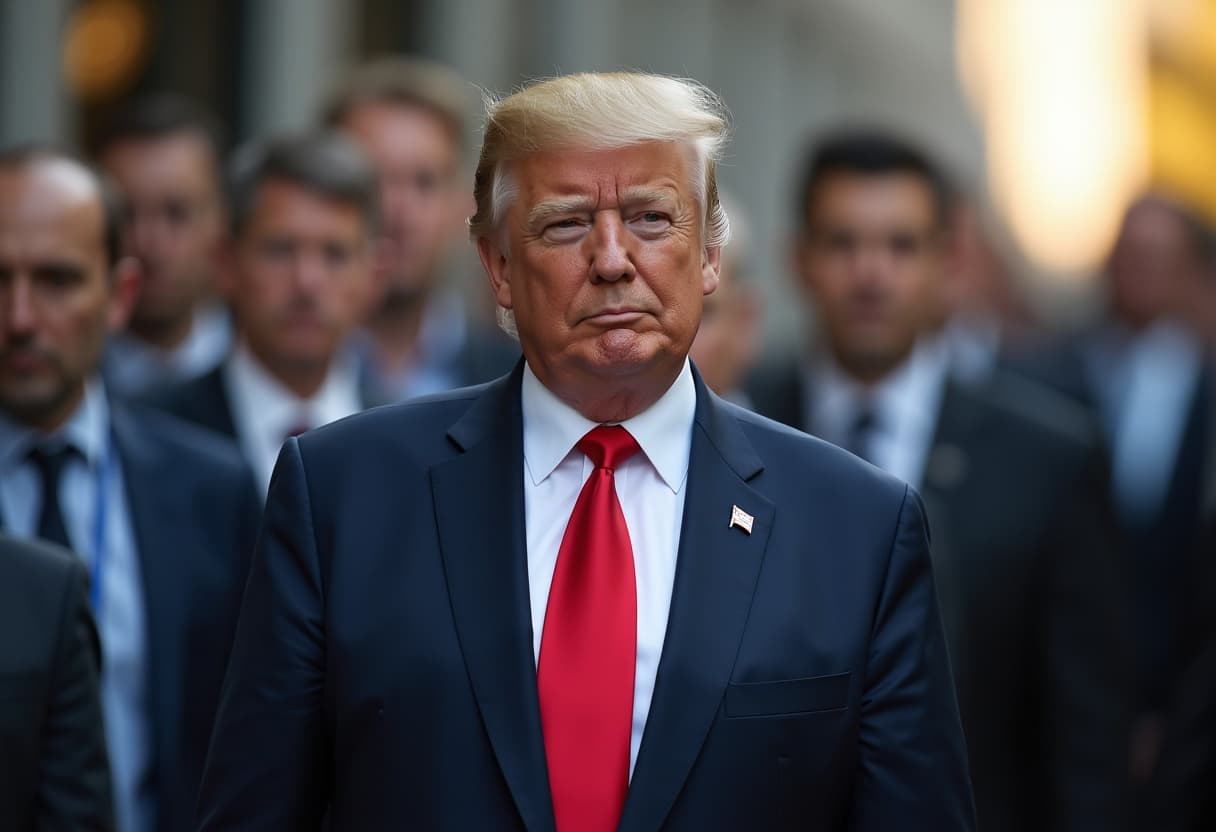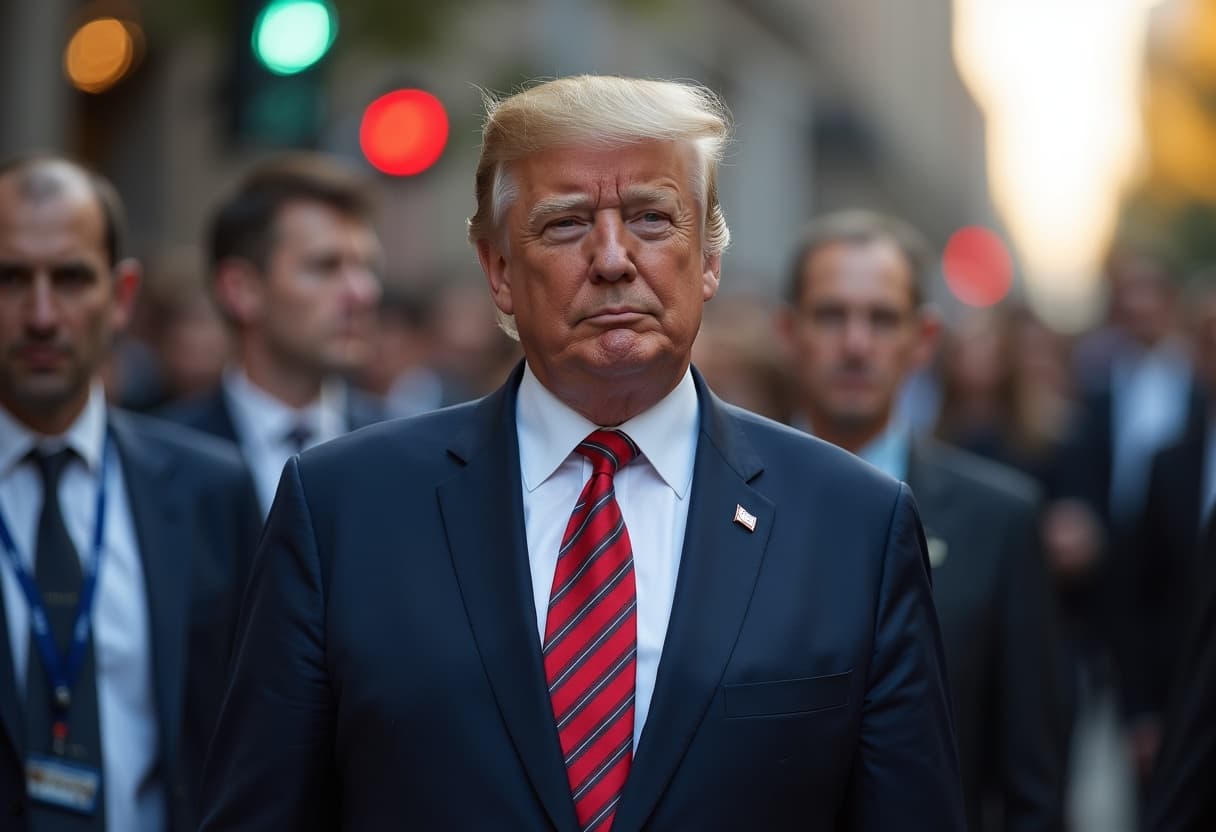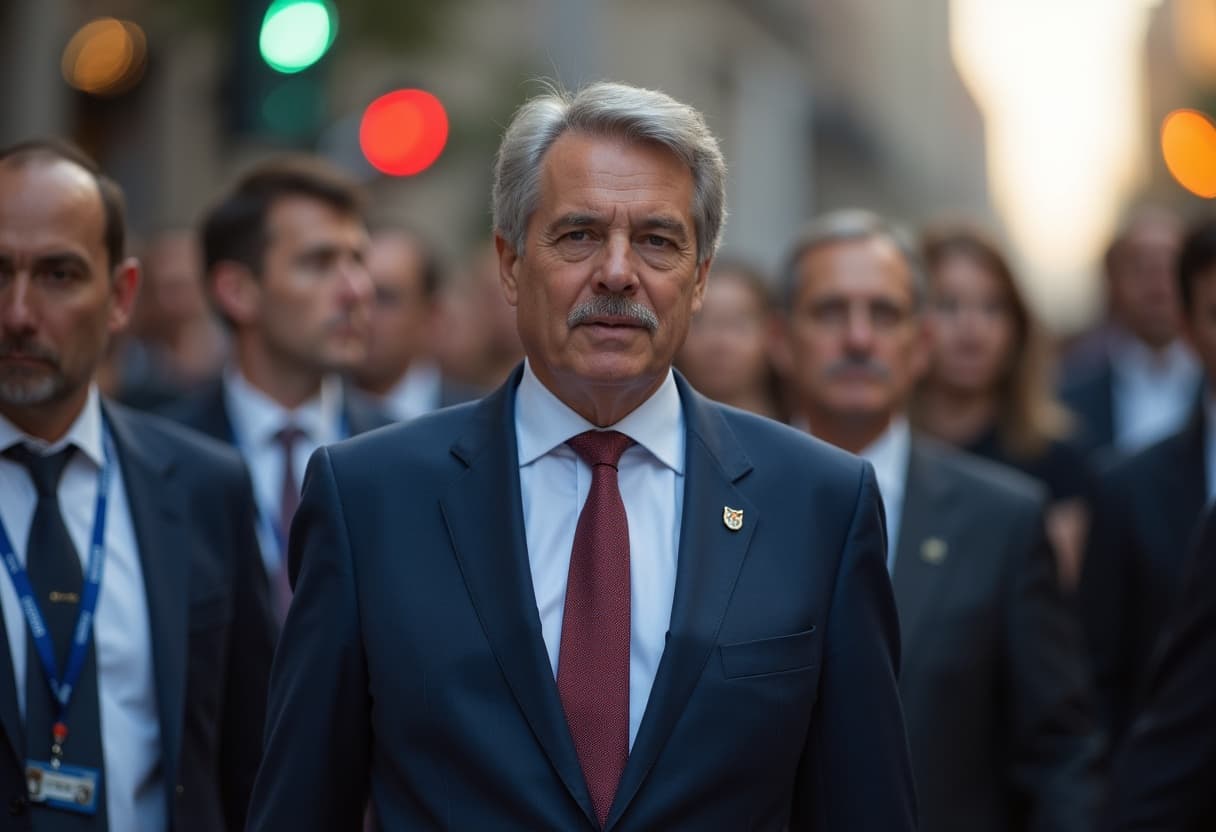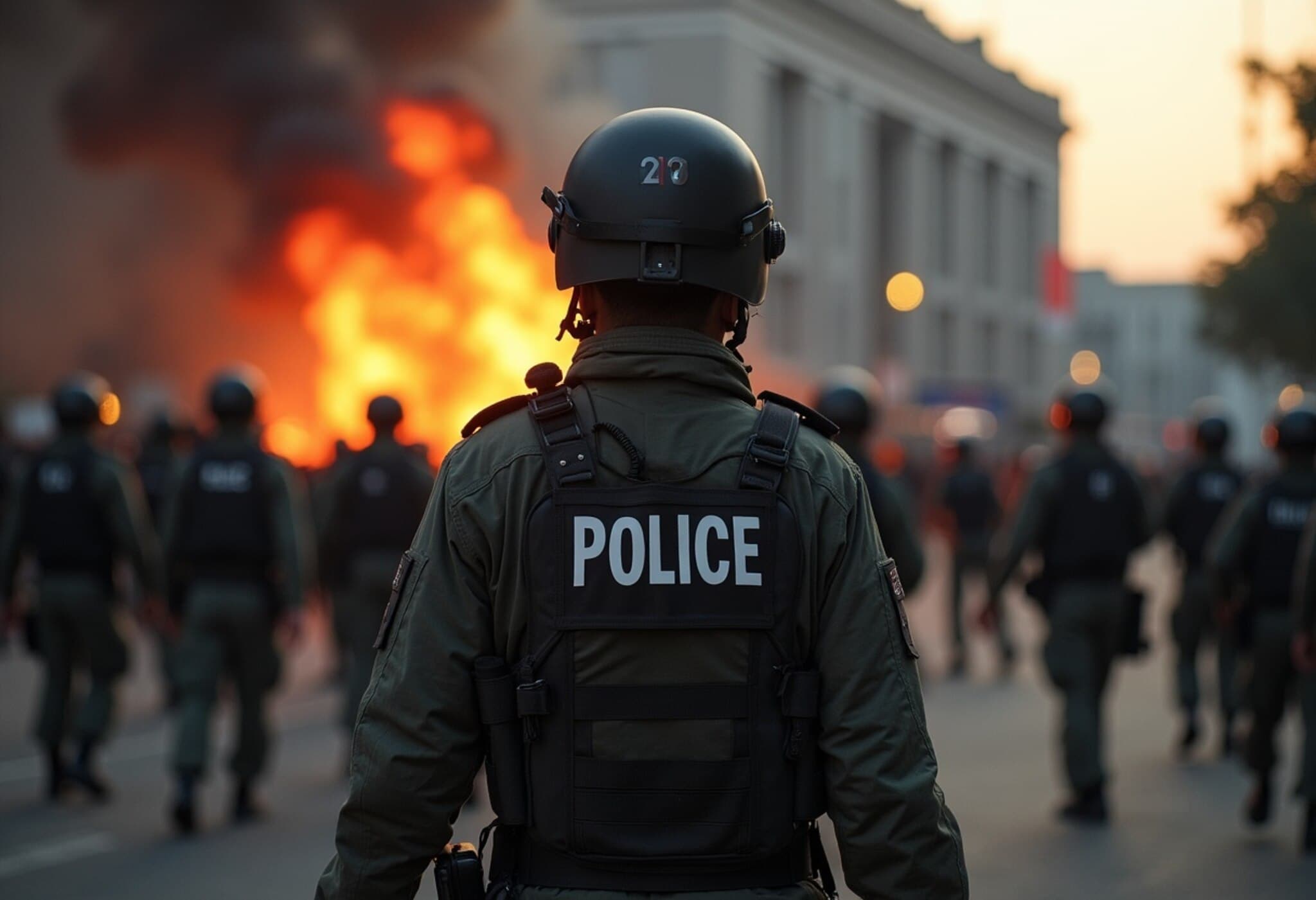Argentina's Supreme Court Confirms Corruption Conviction of Cristina Fernández
In a landmark decision, Argentina's Supreme Court upheld the six-year prison sentence for former President Cristina Fernández de Kirchner, cementing her lifetime ban from holding public office. The ruling stems from a high-profile corruption case accusing her of directing state contracts to a close ally during her time in power.
Details of the Conviction and Political Fallout
Fernández, who served as president from 2007 to 2015 and previously as first lady, now faces potential arrest following Tuesday’s Supreme Court decision. The court directed Argentina’s security ministry to prepare a detention center for the 72-year-old former leader. Meanwhile, her legal team has requested she serve her sentence under house arrest, citing her age.
This verdict effectively bars Fernández from participating in the upcoming Buenos Aires legislative elections, just days after she launched her campaign, delivering a significant blow to her political ambitions.
Widespread Protests and Supporter Outcry
The decision sparked immediate unrest throughout Buenos Aires. Supporters of Fernández flooded the streets, blocking major highways and storming the headquarters of the country’s leading cable news channels, which are widely seen as critical of the former president. Demonstrators vandalized property and smashed windows, though fortunately, no injuries were reported.
In a defiant address to her followers, Fernández labeled the court justices as “puppets” influenced by powerful economic interests, dismissing the verdict as politically motivated. Her attorney pledged to appeal the decision to international human rights organizations.
Background of the Corruption Case
The conviction centers on allegations that Fernández orchestrated the awarding of 51 state construction contracts to companies linked to Lázaro Báez, a close associate and convicted businessman. These contracts featured inflated prices by approximately 20%, resulting in a loss of about $70 million to the public treasury.
Initially convicted in 2022, Fernández’s appeals were rejected by the Supreme Court earlier this year. The court described the case as exposing an “extraordinary fraudulent maneuver” that undermined Argentina’s republican and democratic institutions.
Political Context and Impact
Fernández and her late husband, former President Néstor Kirchner, were key figures in establishing Kirchnerism, a dominant left-wing populist movement. Her presidency was marked by expanded social welfare programs funded largely through expansive state spending, which critics blame for contributing to Argentina’s chronic inflation and economic instability.
The country's economic challenges paved the way for the election of radical libertarian President Javier Milei in late 2023. Milei welcomed the ruling, calling it “Justice. Period.”
Additional Legal Battles Ahead
Despite the conviction, Fernández faces multiple ongoing corruption investigations that threaten her political future further. She has repeatedly questioned the impartiality of the judiciary and the handling of evidence in her cases.
Looking Ahead
This Supreme Court verdict marks a pivotal moment in Argentina’s political landscape, underscoring the fraught intersection of corruption, justice, and political rivalry. As Fernández’s supporters rally and the government prepares for the consequences, the nation braces for continued unrest and uncertainty.

